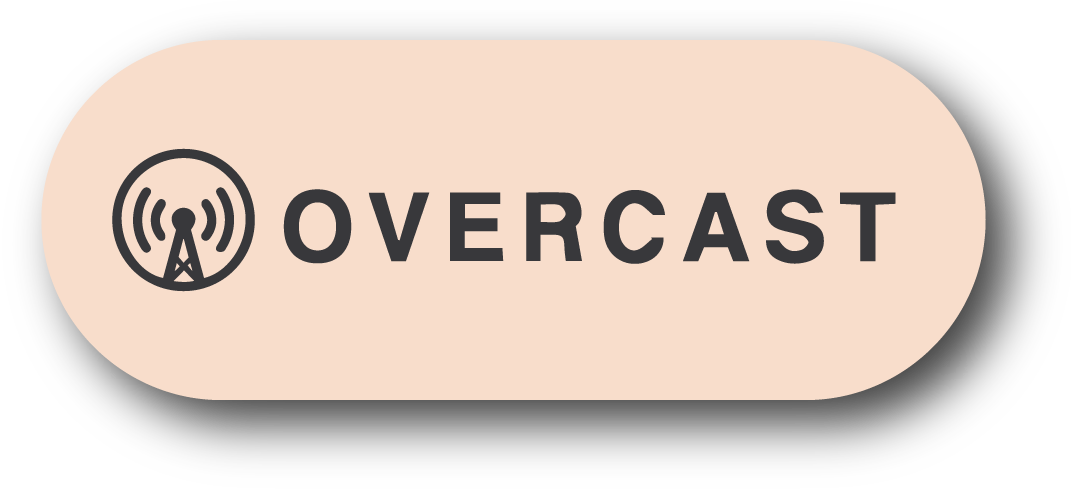#342 - PREPARING STUDENTS FOR THEIR CAREERS AND GLOBAL CHALLENGES
SUMMARY
This week David and Marina of FAME Architecture & Design have a discussion about how schools can better prepare students for their careers and to tackle issues of equity, social justice, and climate change. The questions are from EQiA’s (Equity in Architecture) 2023 Forum panel which took place Georgia Institute of Technology. The EQiA is a student organization at the Georgia Institute of Technology, College of Design. It is dedicated to unity and equity in architecture. Enjoy!
TIMESTAMPS
(00:00) Introduction.
(03:32) What does equity mean as it relates to academia?
“I’m not trying to brag about it, but went to school and I paid 500 euros per year in France and everyone in my school were from a bunch of different backgrounds, socially, racially, sexually. They were probably as diverse as you could hope for. And it was just because of the fact that it was easy enough to afford. There was a selection based on grades and application, but the money was not really one of the criteria which made a huge difference.” (06:20)
(07:05) Did your architecture education inadequately prepare you for your career?
“There is a huge network of people who just went you through those things and they're still freshly out of school. They have a little bit more vision of what's happening after you graduate. For example, a student might be thinking about moving to New York or Seattle. They should ask the school, "Do you have any alumni I could reach out to understand what's the job market? What salary should I be expecting? Is it worthwhile for me to apply to this specific office I'm considering? Or is it an awful place to work at?" And eventually have them help you apply there. Some people could say, "Oh, you're taking shortcuts. You're networking." But if it works, it works. And again, you're paying the high price of higher education to use that network. It's very common knowledge in business schools that that is what’s happening. We’re networking, we're helping each other out, and that's how we're moving. And I don't see why architecture school should not be the same.” (14:57)
(22:50) What should design education be teaching students for the AEC industry.
(32:38) What sort of disconnects have you personally faced when interacting with architecture firms, educators, or students?
(41:11) Are there patterns you’ve noticed that frustrate you?
“A lot of people say, 'We need schools to teach more technical skills. We need students to know how to draw wall details. We need students to be experts in Revit.' And I ask, "Why?" [I know it's to get hired], but nobody's going to hire a 23-year-old and trust them to do the wall section on a complex building. They don't know construction. It makes no freaking sense at all. And from the point you graduate at 22 or 23 until you retire or die, if you can't retire, that's 50 or 60 years of learning how to do those details well and actually even see them built to understand them better and do them better. So why put that in school? Again, four or five years is not enough time. Don't put that in school. The whole Revit thing... people who say, "School should teach students how to use Revit so they're hireable." Well, no. Because you know what? The way you learn Revit in school is not the way an office is uses Revit. You use Revit in school as a single person, on a tiny file of one house with three windows and two doors, you don't do things like permit drawings, and you don't have consultants jumping in the model and doing their part, and you don't know the workflow, which is also very much proprietary to the office you're working at. So the best way to learn that is when you first start working at an office with the BIM manager or somebody who's going to show it to you. The other solution is to do internships during the summer.” (41:22)
(50:05) How important is interdisciplinary education early on?
(54:13) What are the necessary skills and knowledge emerging professionals need to have to tackle equity, justice, and climate change issues that are heavily affecting our society?
(01:06:50) How can curricula adapt to be more proactive to current global challenges?
“If you want people to graduate and be successful within the profession, but then also do these greater things like solving equity, climate change, and whatever, what you need are people who are good at problem-solving, smart, and will take initiative on their own. That third one is huge. If you have the skills and the talent, but you don't take initiative, then the other two are meaningless. The problem with a lot of schools is that they focus on the first two, but they don't focus on initiative and they don't give opportunity for initiative. More specifically, design studios that are hyper hyperfocused and prescribe a step-by-step process [for the students’ projects] result in zero initiative from the student. Zero creativity, also. So how do you expect a person, when they graduate with these skills, to go off and start their own foundation, join a foundation, talk to their city council, or do whatever it might be when you haven't given them the opportunity for them to even think that way on their own?” (01:07:34)
(01:14:50) Advice for the next generation of professionals.














